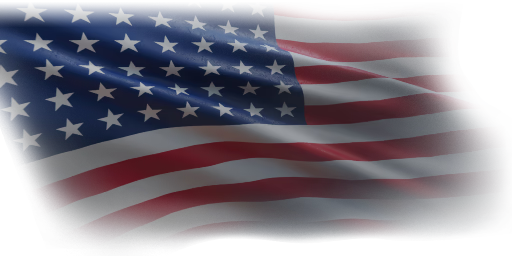
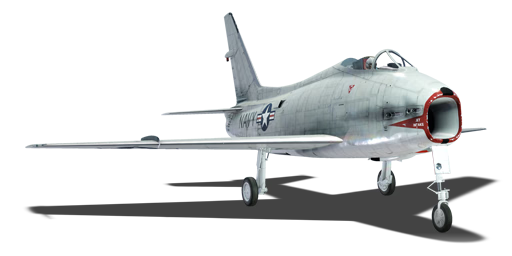


In the early 1950s, the US Navy realized during the Korean War that their straight-wing fighters were inferior to the swept-wing MiG-15s. Since the F7U and F9F fighters were still under development, the Navy looked elsewhere for a suitable swept-wing stop-gap fighter, eventually settling on the Air Force's F-86 Sabre. Modifications were carried to make it compatible with aircraft carriers, including a stronger nose-wheel strut, all-moving flying tail without dihedral, outer wing panels folded upward and the windscreen was modified to aid the pilot's visibility. This version of the aircraft was designated as the FJ-2 Fury. The FJ-3 subsequently included a more powerful engine and improved and strengthened wings allowing both greater manoeuvrability and heavier ordnance payloads. The FJ-4 was a more aggressive approach, with a much thinner wing and skin which was milled from solid alloy plates allowing for more strength, durability, and aerodynamics. As the FJ-4 was built to be an all-weather interceptor, it required a considerable amount of fuel for operations and contained 50% more fuel than the FJ-3. Also, due to the stronger wing of this fighter, a total of six underwing stations were available allowing for more carrying capacity.
Introduced in Update 1.79 "Project X", the FJ-4B is a solid multi-role aircraft which can fight air-to-air combat, ground-pound, or both. The fighter features four 20 mm autocannons and then can outfit several different ordnance to its underwing stores. Bomb loadouts range from 250, 500, 1,000 or 2,000 lb bombs effectively targeting from vehicles and pillboxes all the way up to bases. FFAR Mighty Mouse rockets make short work of ground targets, but also can be deadly against any of the bomber aircraft it may intercept. The FJ-4B can also sport either two or four AIM-9B Sidewinder missiles, increasing its effectiveness in air-to-air combat. However, unlike its event counterpart, it does not have access to the AGM-12B Bullpup guided air-to-ground missiles.
flaps
flaps
flaps
brake
| Belt | Belt filling | Armor penetration (mm) at a distance: | |||||
|---|---|---|---|---|---|---|---|
| 10 m | 100 m | 500 m | 1000 m | 1500 m | 2000 m | ||
| AP-T/HEI/HEI | 42 | 39 | 27 | 18 | 11 | 7 | |
| AP-T/HEI | 42 | 39 | 27 | 18 | 11 | 7 | |
| AP-T/HEI/AP-I/HEI | 42 | 39 | 27 | 18 | 11 | 7 | |
| AP-T/AP-T/HEI/AP-I | 42 | 39 | 27 | 18 | 11 | 7 | |
| AP-I/HEI/HEI/HEI | 42 | 39 | 27 | 18 | 11 | 7 | |
| Name | Weight | Slot | ||||||
|---|---|---|---|---|---|---|---|---|
| 72.6 kg | 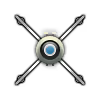 |  |  |  | ||||
| 19 × | 233.7 kg | 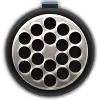 |  |  |  |  |  | |
| 4 × | 280.3 kg | 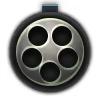 |  |  |  |  |  | |
| 117.9 kg | 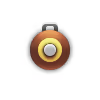 |  |  |  |  |  | ||
| 240.9 kg | 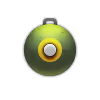 |  |  |  |  |  | ||
| 446.8 kg | 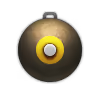 |  | ||||||
| 893.6 kg | 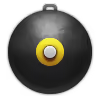 |  | ||||||












Flight performance | |
|---|---|
Survivability |
|---|
Weaponry | ||
|---|---|---|